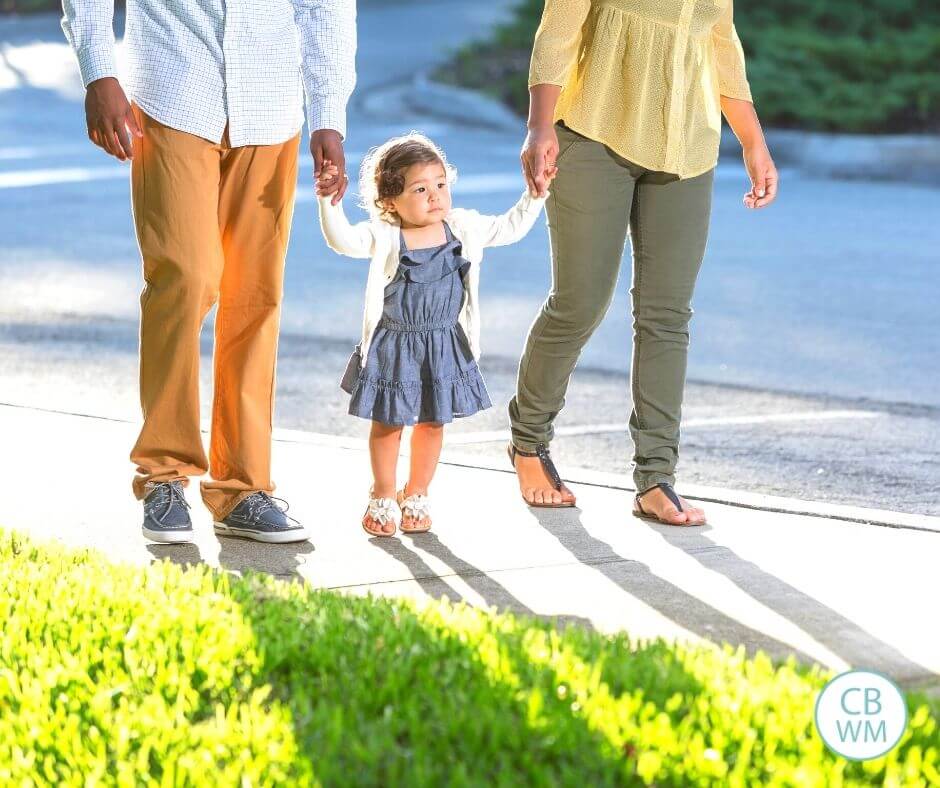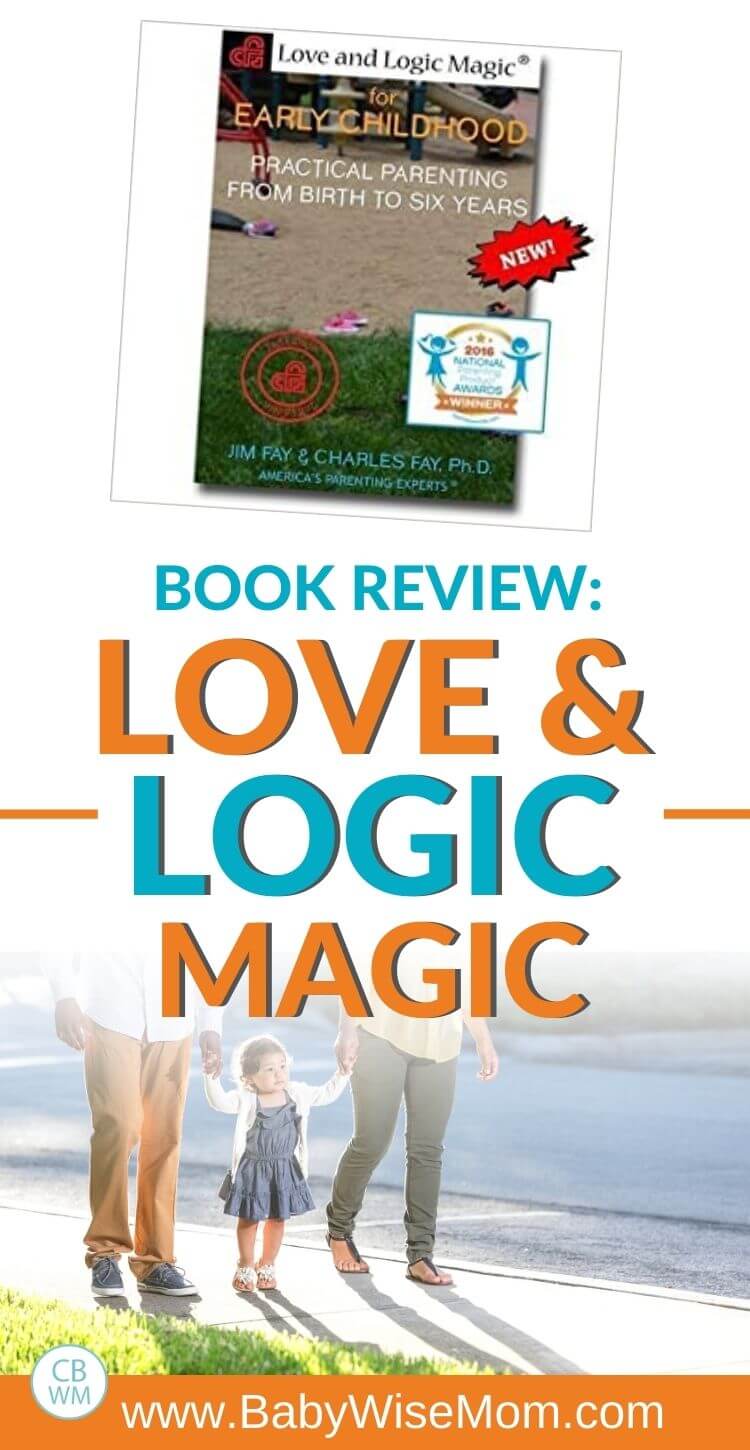Review of the book Love and Logic Magic for Early Childhood by Jim Fay. Learn what the book is about and if it is worth reading.

I recently read Love and Logic Magic for Early Childhood.
I think one of the biggest problems with the book “Parenting with Love and Logic” is that there isn’t much there for young children. Most of the examples absolutely don’t apply to a toddler. Thus, the need for this book was very apparent.
This book is written by the son of one of the original authors and creators of Love and Logic. An interesting thing about that is that this book was written by someone who would have been raised under the theories of Love and Logic.
Post Contents
Do You Need This AND The Original Love and Logic?
I honestly cannot decide if you can get by on this book without reading the original. It has great tips, but I am unable to remove myself from what I know from reading Parenting with Love and Logic
The big perk of this book is that it is geared toward younger aged children.
However, I must say that while there are some tips for the toddlers, in the end, I think the majority of examples given in the book are toward preschoolers and Kindergarteners. It isn’t fully about toddlers.
The examples are far more relevant to young children than the first book, though.

Benefits of Love and Logic Books
I do think it is wise for parents to read through one of the two books every one to two years. It really helps you get in the “logic” mode and apply empathy appropriately. It also helps coach you to keep emotions in check.
One of the two books is a great tool. I am not sure that you would need both. If you have a hard time taking theories and applying them age-appropriately (you need specific instructions for specific instances), then the Early Childhood would be necessary.
Otherwise, the Parenting with Love and Logic might be sufficient.
>>>Read: Parenting With Love and Logic: Everything You Need to Know
Summary of Love and Logic Magic for Early Childhood
Now for a rundown of the book. The book starts off with some words of encouragement toward parents to get you pumped and ready to take this on.
It then moves into the importance of disciplining from the start. It is never too early to start.
>>>Read: Valuable Discipline Tips for Toddlers
It then talks about establishing responsibility, empathy, and kindness. Next comes the importance of taking care of yourself and disciplining without anger.
We then have more concrete ideas for teaching children about the real world and teaching them that you mean what you say.
There is also discussion on how to teach your children to learn from their mistakes and teaching them to think.
We then have more talk of the importance of starting early.
Then we have common problems that creep up and how to deal with them, and finish up with thoughts on chores.
All in all, while there are of course things I disagree with in the book, it was a good book that reminded me of things I need to improve on. It is definitely worth the read.
If you have read or own the first book, you might want to check this one out from the library before deciding if you want to own it or not.
Conclusion
This book is a fast and easy read and is not as text-book-ish as the first was. You can get through it quickly and come out on the other side remembering what you read.
For that reason, this could be the one you want for re-reading every one to two years. It is light and fast and can remind you of what you have read in the past.
It can also be a great intro for you to see if you want to invest more time and mental capacity into Parenting with Love and Logic
Related Blog Posts
- How Often Can You Really Expect a Child to Obey
- Discipline Foundations for Your Baby
- How To Teach Your Child to Come When Called

